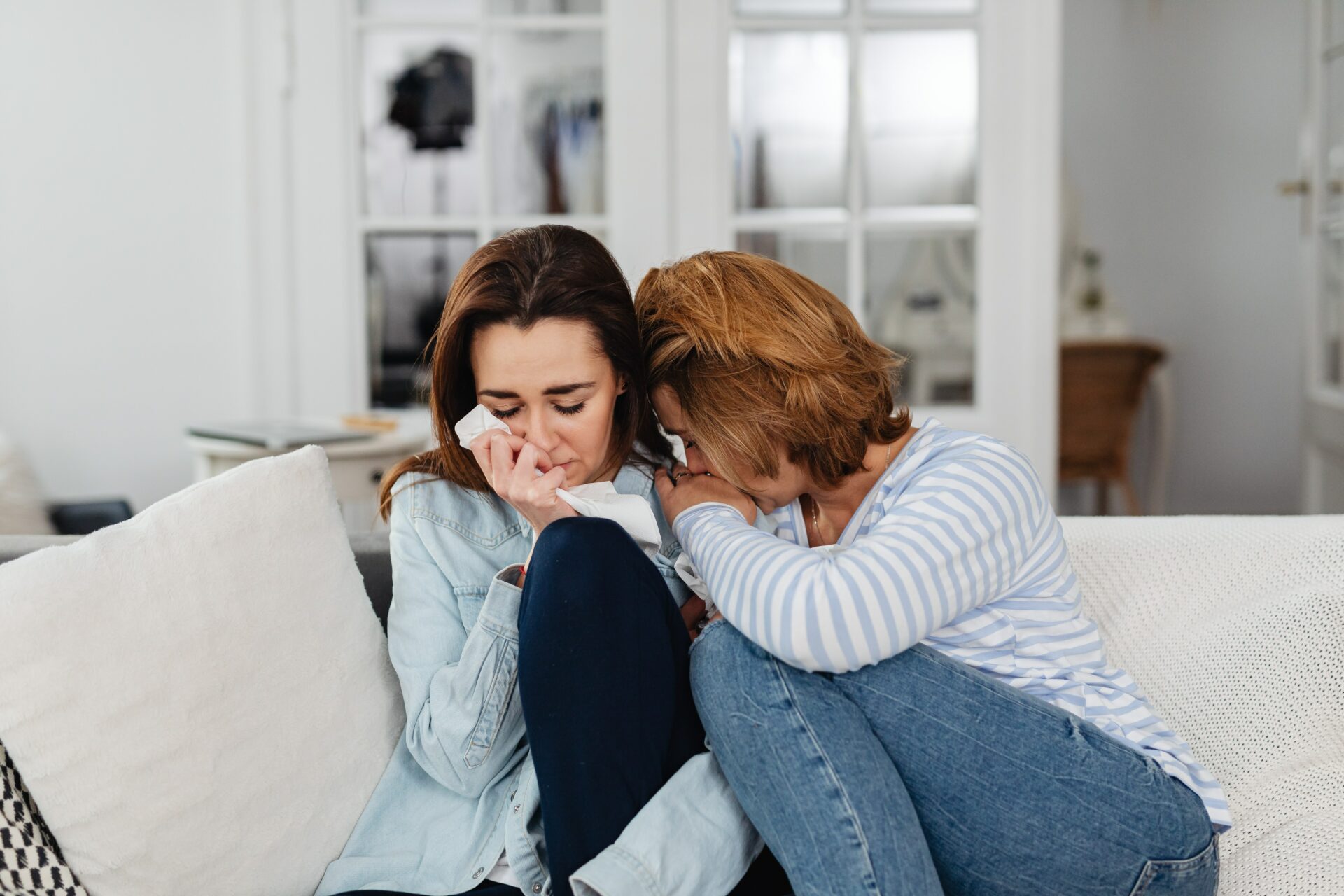While many people may think of domestic violence as being prevalent in foreign countries where women are marginalized, the reality is that domestic violence is also widespread in the US. On average, nearly 20 people per minute are physically abused by an intimate partner in the United States, and women are largely the targets. In fact, it is estimated that 1 in 3 women have experienced some form of physical violence by an intimate partner.
It is undeniable that as a society, we want to stop domestic violence. But to do so, we must understand how our ingrained, deeply rooted beliefs may inhibit our ability to recognize abuse. We must learn to spot the signs of domestic violence, and then most importantly, we must learn the more productive ways to help the victims.
1. Understand How Ingrained, Deeply Rooted Beliefs May Be Impacting Your Ability to Recognize Abuse
When it comes to recognizing women who are victims of domestic violence, the odds are already stacked against the victim. Although society has chipped away at generations of misogyny and sexism, it is still necessary for us to overcome existing and persistent subtle stereotypes and redefine women’s behaviors and norms.
For example, the very word hysteria stems from the Greek hystera, which means “uterus.” After all, women are prone to hysteria. So, when a woman tries to claim they are a victim of domestic violence, is it hysteria or is it valid?
Still confused? Let’s apply the “Rule of Thumb” whereby it was acceptable to beat your wife with a stick as long that that stick was no thicker than your thumb.
After all, “boys will be boys” and sometimes women need to be managed and even cared for. And, sometimes that means the man needs to put his foot down, because a man would be considered “whipped” if he allowed his woman to be strong and to lead.
And for those budding relationships, when a wonderful man spends time befriending a woman, and yet she still rejects him (unless she is otherwise “taken” by another suitor) the man is considered “friend-zoned.” This is considered rejection because men feel entitled to women’s bodies when they are not even entitled to a friendship.
Recognizing subtle and ingrained forms of everyday misogyny will help people be more receptive to recognizing the signs of domestic violence.
2. How to Identify the Signs of Domestic Violence
There are hundreds of telltale signs of physical, mental, and emotional domestic violence. Some signs of physical abuse include:
- Black eyes
- Bruises on the arms and wrists
- Busted lips
- Red or purple marks on the neck
- Sprained wrists
Personal Grooming Characteristics Include:
- Covering up the physical signs with clothing. For example, you may notice that someone you care about is wearing long sleeves or scarves in the hot summer.
- Wearing heavier than normal makeup or donning sunglasses inside are also common signs of domestic abuse.
- A sudden complete lack of grooming
Signs of Emotional Abuse Include:
- Agitation, anxiety, or constant apprehension
- A constant state of alertness to the point they never can completely relax
- Changes in sleep habits (sleeping too much or not enough)
- Developing a drug or alcohol problem
- Extremely apologetic or meek
- Loss of interest in daily activities
- Low self-esteem
- Seeming fearful
- Symptoms of depression
- Talking about or attempting suicide
Some Telltale Signs Include How the Victims Refer to Their Abusers:
- Asking permission to go anywhere or to meet and socialize with other people
- Constant calls, texts, or tracking by their partner wanting to know where they are, what they are doing, and who they are with
- Having very little money available to them, not having access to a credit card, or having to account for every penny spent
- Not having access to a vehicle
- Referring to their partner as “jealous” or “possessive,” or always accusing them of having affairs
Other Telltale Behaviors of Domestic Violence Victims Include:
- Becomes reserved and distant
- Begins isolating themselves by cutting off contacts with friends and family members
- Cancels appointments or meetings with you at the last minute
- Drops out of activities they would usually enjoy
- Exhibits excessive privacy concerning their personal life or the person with whom they’re in a relationship
- Is often late to work or other appointments
Be alert and realize that the signs above can be subtle and sometimes difficult to spot. If you are feeling suspicious, here are the steps you can take.
3. What You Can Do To Help Victims of Domestic Violence
If you believe that someone you care about is a victim of domestic violence, here are the steps you can take to help. It is vital to remember that the victim is already traumatized, and you should not pass judgment. The goal is to get them to safety and away from their abuser.
- Open lines of communication and try to keep them open.
- Try and bring up the subject of domestic violence by asking such phrases as:
“I’m worried about you because …”
“I’m concerned about your safety because …”
“I have noticed some changes that concern me …”
- Let them know you WILL BE DISCREET.
- Do not try to force the person to open up; let the conversation unfold at a comfortable pace.
- You can ask clarifying questions, but let your friend vent their feelings and fears.
- DO NOT JUDGE OR BLAME THEM.
- Focus on their strengths. Give your friend the emotional support they need to believe that they are a good person.
- Offer to help with money, transportation, pet sitting, childcare, errands, etc.
- Guide your friend to community services.
- Help your friend think through the steps to take if your friend’s abuser becomes violent again.
- Make a list of people your friend can call in an emergency.
- Suggest that your friend put together and hide a suitcase of clothing, personal items, money, social security cards, bank books, the children’s birth certificates and school records, and other important documents.
- Offer to keep this suitcase at your home if you are able to do so.
- Offer to take care of your friend’s pet so that they do not worry about them when they do manage to leave.
When to Intervene For Domestic Violence Victims
Domestic violence is a crime that can result in serious injury and even death. If you know or have reasonable suspicion that a battering incident is occurring, call the police immediately.
If you or a loved one are a victim of domestic violence, contact the National Domestic Violence Hotline at 1-800-799-7233 for confidential assistance from trained advocates.








